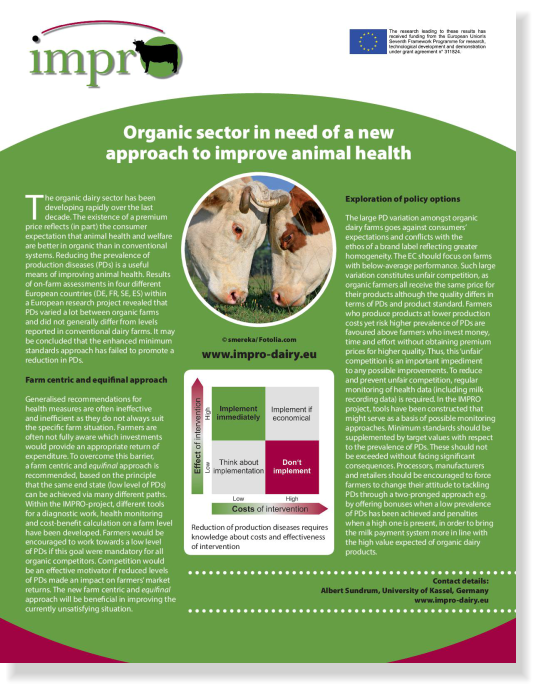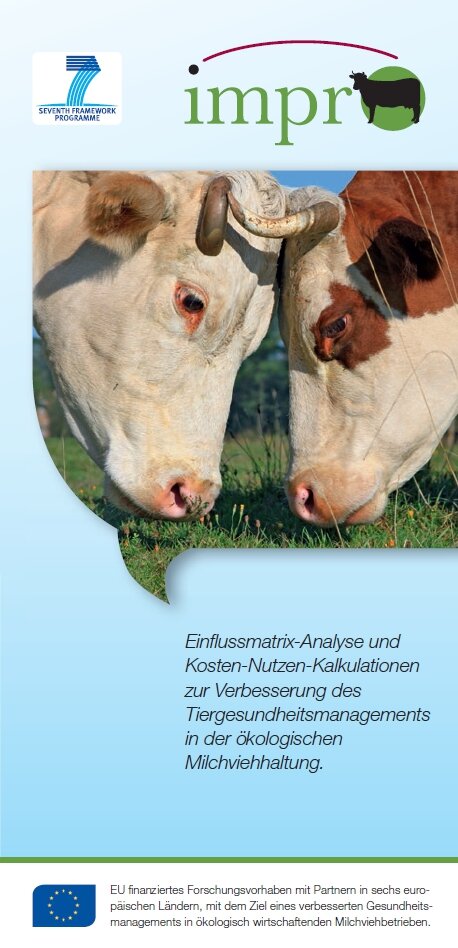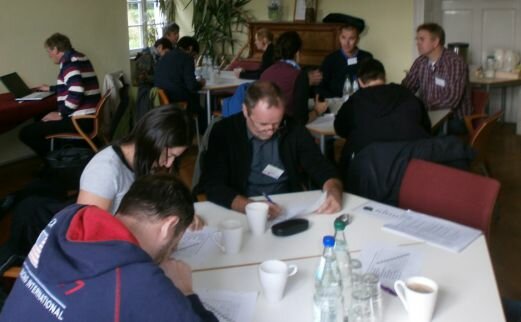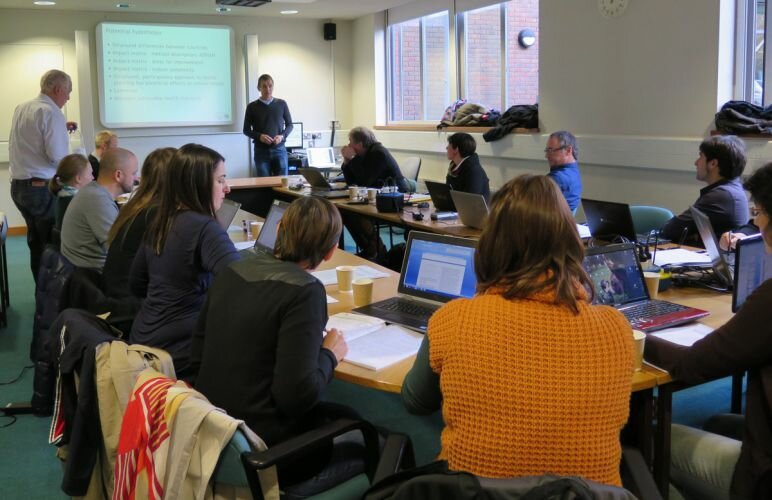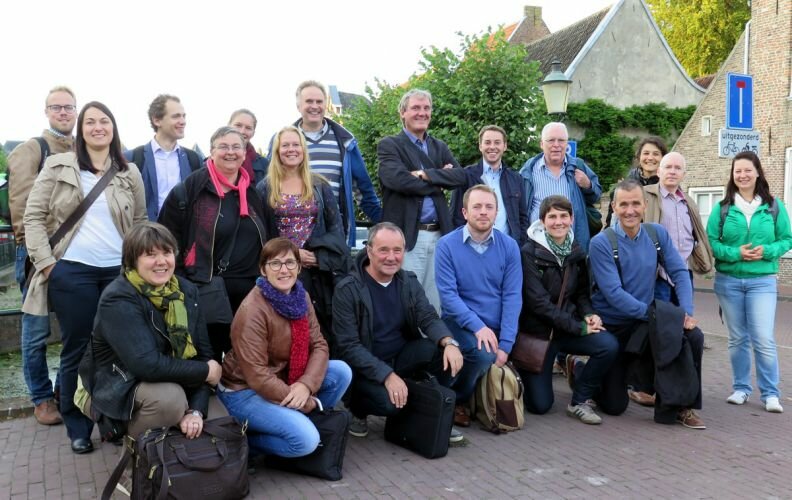WP4: Manageability of alternative treatments
WP4: Manageability of alternative treatments
Involved partners: UKS, ONIRIS, IRTA
According to Council Regulation (EC-834/2007; Article 14, e ii), “with regard to disease prevention and veterinary treatment, disease shall be treated immediately to avoid suffering to the animal; chemically synthesized allopathic veterinary medicinal products including antibiotics may be used where necessary and under strict conditions, when the use of phytotherapeutic, homeopathic and other products is inappropriate.” Appropriateness of homeopathic treatments is not only related to the effectiveness of the remedies itself, which have to be proved in clinical control studies, but depends to a high degree also on appropriate preconditions on the farm level. These includes among others: expertise to formulate a profound anamnesis and diagnosis according to the leading symptoms, diagnosis in relation to potential resistance to therapy, availability of expertise on alternative treatments, options for the appropriate application of remedies, and options for the consecutive control of effects on animal health status.
An effective use of alternative treatments can only be expected if diagnostic procedure and treatment in each individual case of disease follow the state-of-the-art. If nothing else than welfare reasons, highlighted especially in organic livestock production, homeopathic treatments should only be considered by veterinarians, animal healing practitioners or farmers if appropriate preconditions for implementation according to the state-of-the-art are assured. Legal and factual preconditions for the use of alternative treatments vary considerably between European countries, but knowledge about the legal situation and the availability of appropriate preconditions in organic dairy farms is currently missing.
Objectives of WP4 are to assess manageability of alternative treatments according to the state-of-the-art on organic dairy farms by:
- Elaborating protocols / decision trees for the diagnostic procedure and the use of homeopathic treatments in the case of most frequent diseases appropriate for homeopathic treatment (including mastitis, endometritis),
- Testing if preconditions necessary to apply the protocols and the demands for homeopathic treatments according the state-of-the-art are prevailing under commercial conditions,
- Assessing legal and factual prescriptions and constraints in connection with the use of alternative treatments by veterinarians and animal healing practitioners in Europe,
- Comparing the effectiveness of allopathic and homeopathic treatments on organic dairy farms.








